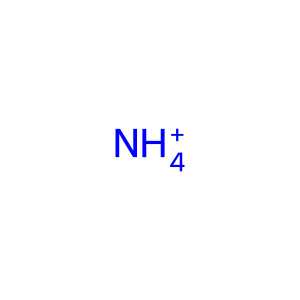Reaction: Defective RHAG does not transport NH4+ from cytosol to extracellular region (rbc)
The human gene RHAG encodes a Rhesus blood group family type A glycoprotein which is expressed specifically in erythroid cells. It belongs to the SLC42 solute transporter family, possesses antigenic properties and is thought to contribute to the stability of the red cell membrane. A transport function for RHAG is suggested to mediate ammonium export from these cells. Defects in RHAG are the cause of regulator type Rh-null hemolytic anemia (RHN, Rh-deficiency syndrome) where the accumulation of NH4+ is thought to contribute to membrane instability. RHN is a form of chronic hemolytic anemia, due to morphologic and functional abnormalities of erythrocytes. Mutations that cause RHN include A373Lfs*15, G280R, G380V, P52Dfs*57, S79N and V270I (Cherif-Zahar et al. 1996, Huang et al. 1999).
Reaction - small molecule participants:
NH4+ [cytosol]
Reactome.org reaction link: R-HSA-5623051
======
Reaction input - small molecules:
ammonium
Reaction output - small molecules:
Reactome.org link: R-HSA-5623051

